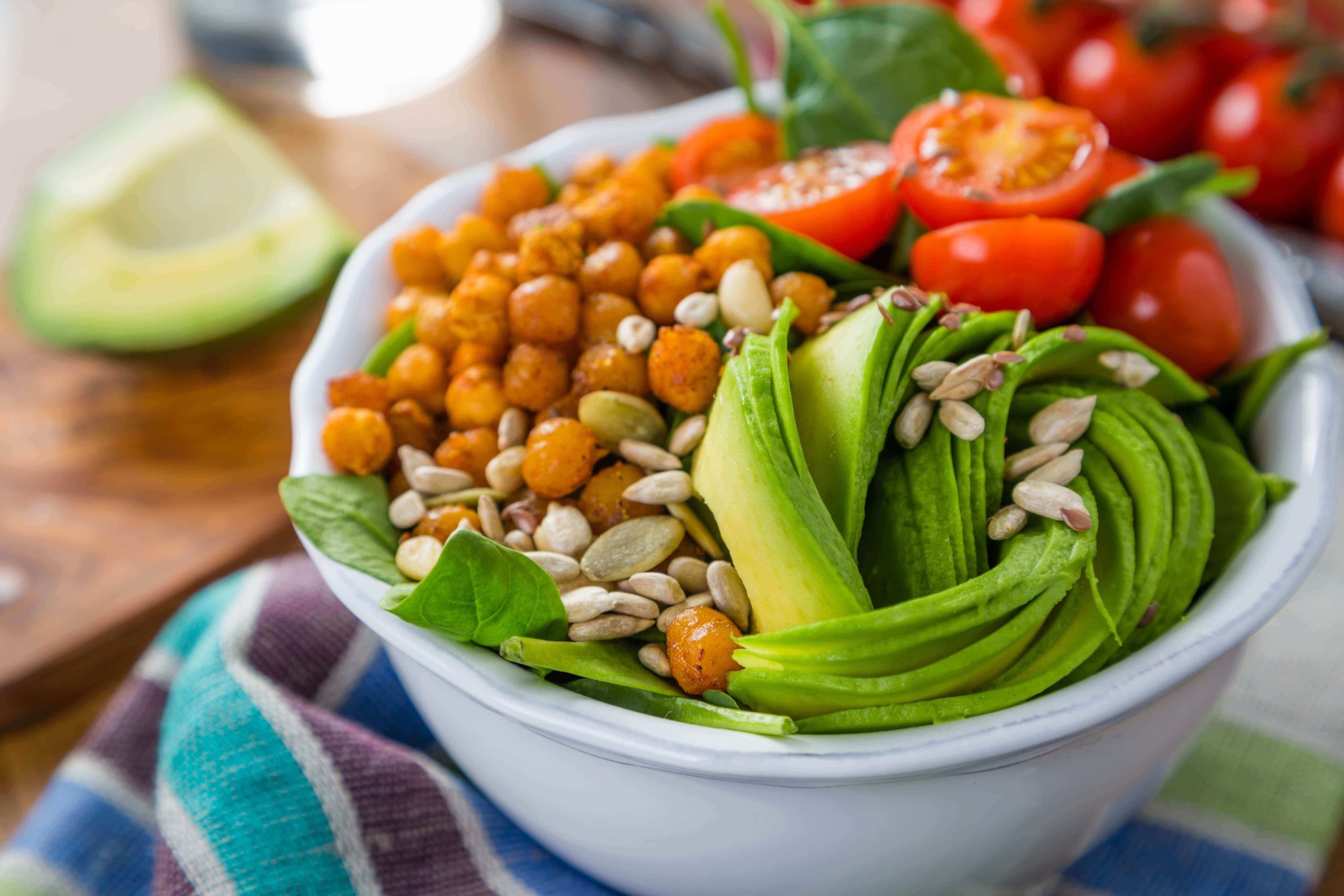Are you experiencing pain and inflammation in your joints? Many people may not realize that nutrition can play a crucial role in preventing and even eliminating these conditions in the body. It's important to understand what pain and inflammation are, the causes and symptoms, and how both nutrition and physical therapy can help. Contact High Desert Osteopractic Physical Therapy regarding how we can help treat your pain and inflammation.
What is Pain and Inflammation?
Inflammation is the body's natural response when it's trying to heal or protect itself. This, of course, is usually a good thing. Inflammation is harmful when it becomes a chronic condition. Pain and inflammation are often connected. According to Harvard Health, chronic inflammation can also lead to a variety of health ailments such as heart disease and diabetes.
Causes and Symptoms of Pain and Inflammation
Nutrition can play a major role in how much pain and inflammation you struggle with. You may be eating foods that contribute to increased inflammation throughout the body. There are several types of foods that are known to cause inflammation. The following are those most often consumed that can contribute to these conditions.
- Processed Meats - Smoked meats, sausage, and bacon are normally processed and contain high amounts of sodium. Eating these foods can increase inflammation.
- White Bread & Pasta - These refined carbs are often referred to as "empty calories" and can cause excessive weight gain, which can lead to inflammation.
- Added Sugar - Foods that have added sugar that isn't naturally occurring can increase inflammation. Regular table sugar and corn syrup with high-fructose are the two main types of added sugar.
Even what you drink can affect pain and inflammation. Soda is one of the worst culprits. Most sodas not only contain lots of sugar but unhealthy preservatives such as sodium benzoate. Excessive amounts of alcohol should also be avoided. In addition to avoiding or limiting certain foods, there are many healthy foods you should include in your diet.
- Fish - Fish is rich in omega-3 fatty acids, which can naturally reduce inflammation. Salmon, cod, tuna, bass, and halibut are all great choices.
- Beans - Try pinto, garbanzo, red, or black beans. They're all good for easing inflammation and are also good sources of protein and fiber.
- Garlic - By itself garlic may not be very appetizing, but it can add flavor to countless dishes. Garlic contains diallyl disulfide, which has anti-inflammatory properties.
There are several symptoms associated with inflammation. These often include swelling, redness, joint pain and stiffness. If you're suffering from pain and inflammation changing your diet could improve your muscles, joints, and overall health.
How Physical Therapy Helps
While changing your diet is a good start, it may not be enough to eliminate ongoing inflammation and pain. Physical therapy may be able to help reduce or even eliminate the pain you're experiencing. There are several methods a physical therapist may use. A few techniques could include manual therapies, dry needling, or even ultrasound treatments. More basic methods might include using heat or ice therapy. A physical therapist may even give you stretching and motion exercises you can do at home.
Closely watching what you eat and drink may be able to dramatically decrease the pain and inflammation you experience. The American Physical Therapy Association states that there is an obvious link between nutrition and pain. Physical therapy may also help as well. Make sure to find a physical therapist that has experience specifically treating pain and inflammation. Contact our office today to receive more information.









